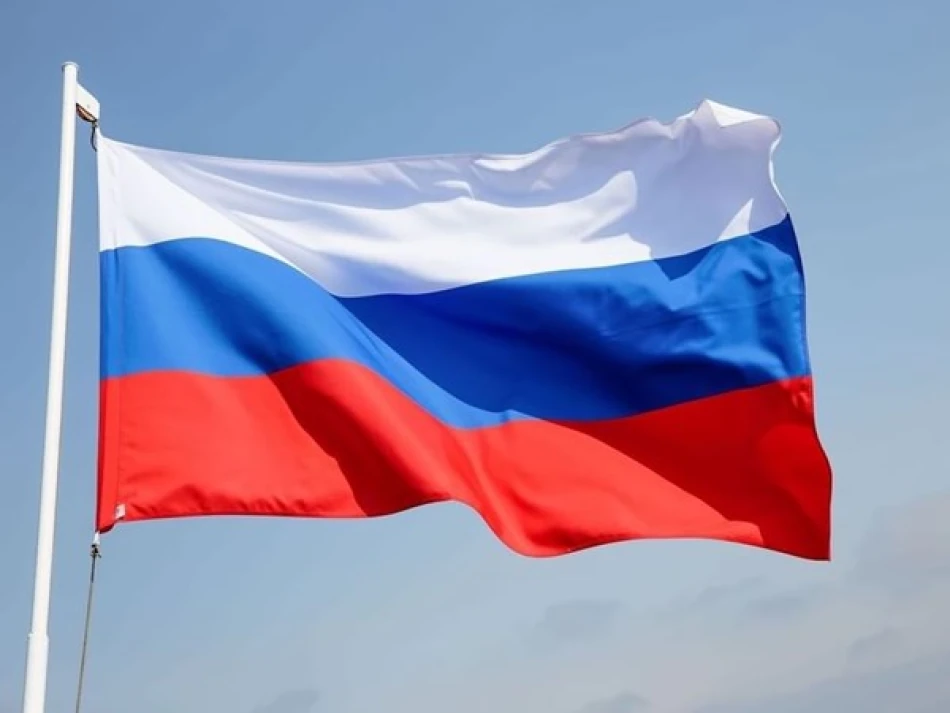
Russia Launches Two New Satellites into Orbit, Expanding its Space Exploration Capabilities
Russia Advances Space Capabilities with Dual-Purpose Satellite Launch Amid Global Tech Competition
Russia's Space Forces successfully launched a Soyuz-2.1b rocket from the Plesetsk Cosmodrome, deploying both a military satellite and an educational research satellite designed by a military academy student. The launch underscores Moscow's continued investment in space technology despite international sanctions, while highlighting the growing intersection between military applications and educational innovation in the space sector.
Strategic Launch from Russia's Premier Military Space Facility
The Soyuz-2.1b rocket lifted off from Plesetsk Cosmodrome in Russia's Arkhangelsk region, carrying a classified military satellite alongside the "Mozhaets-6" educational and research satellite. According to Russia's Defense Ministry, the mission represents a successful dual-payload deployment that serves both operational military needs and academic research objectives.
Plesetsk Cosmodrome has emerged as Russia's primary launch site for military and polar-orbit missions, offering strategic advantages over the more famous Baikonur facility in Kazakhstan. The location provides Russia with greater operational independence, particularly important given current geopolitical tensions.
Student Innovation Meets Military Technology
Academic Contribution to Space Defense
The Mozhaets-6 satellite stands out as a product of student innovation within Russia's military-academic complex. Designed by a student at the A.F. Mozhaiskiy Military Space Academy, the satellite will test space navigation algorithms—a critical technology for both civilian and military applications.
This integration of student research into operational military missions reflects a broader trend among space-faring nations to leverage academic institutions for technological advancement. Similar programs exist in China's military universities and NASA's partnerships with American colleges, though Russia's direct incorporation of student-designed hardware into military launches represents a particularly hands-on approach.
Implications for Global Space Competition
Maintaining Launch Cadence Despite Sanctions
The successful launch demonstrates Russia's ability to maintain its space program momentum despite Western sanctions imposed following the Ukraine conflict. The May 2023 launch of another Soyuz-2.1b rocket from the same facility, also carrying military payloads, indicates a consistent operational tempo that rivals established space powers.
For the global space industry, Russia's continued launch capabilities present both competition and complexity. While Western companies have largely severed ties with Russian space entities, Moscow's independent launch capacity ensures it remains a significant player in military and commercial satellite deployment.
Military Space Technology Development
The focus on navigation algorithm testing through the Mozhaets-6 satellite highlights a critical area of space technology development. Advanced navigation systems are essential for everything from precision agriculture to autonomous vehicles, but they also form the backbone of modern military operations and missile guidance systems.
This dual-use nature of space navigation technology places Russia's educational satellite program within the broader context of strategic competition with the United States, China, and European space agencies, all of whom are advancing similar capabilities through their own military-academic partnerships.
Most Viewed News

 Layla Al Mansoori
Layla Al Mansoori






